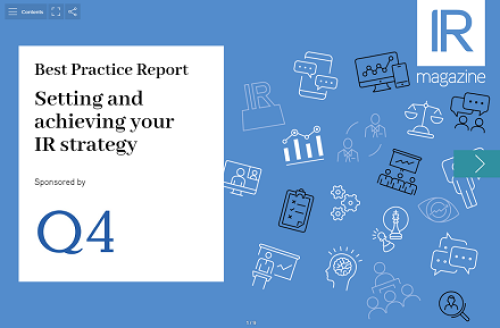Investment professionals have poured cold water on the idea that market volatility caused by Covid-19 will lead to a resurgence of active management.
A survey of CFA Institute members finds that 42 percent think it unlikely the pandemic’s impact will reverse the flow of funds from active to passive strategies, compared with 31 percent who believe it is likely and 27 percent with a neutral view.
Respondents from Europe and North America are the most pessimistic about the comeback potential of active investing, notes the study. This could be ‘because these markets are already most efficient and also where expansionary monetary policy has been strongest,’ notes CFA Institute in a report.
Over the last 15 years, passive investment strategies have steadily gained assets at the expense of active managers, with the shift most prominent in the US market.
The trend continued in 2019 with active equity funds suffering $357 bn of outflows on a global basis, according to data from Morningstar, while passive equity funds saw similar inflows.
The market disruption caused by Covid-19, which saw stock markets enter the fastest bear market in history before sharply rebounding, appeared to offer a chance for nimble stock pickers to outshine passive strategies.
But early data suggests that active managers squandered the chance: around two thirds of actively managed US equity funds underperformed the S&P 1500 over the first four months of 2020, says S&P Dow Jones Indices.
Speaking during an IR Magazine virtual event in April, Richard Lacaille, global chief investment officer at State Street Global Advisors, one of the world’s largest providers of passive investment products, said he expects index investing to continue to grow.
‘There are many classes of investor around the world that still have their portfolios managed in a way that may not be optimal from a value-for-money perspective,’ he noted.
Lacaille said the shift to passive is encouraging active investment to take more concentrated positions to demonstrate its value. ‘I don’t think it’s a simple thing where index grows and active shrinks. Active is changing at the same time,’ he said.
CFA Institute’s survey, which took place between April 14 and April 24 and received more than 13,000 responses, also finds backing for restrictions on companies that accept government support due to the crisis.
Three quarters of respondents say regulators should ban dividends, buybacks and paying executive bonuses at companies receiving emergency aid.
By contrast, CFA members are broadly against the idea of companies delaying their reporting, as has been allowed in some markets. Of the survey respondents, 73 percent say regulars should not ‘temporarily permit companies to delay reporting on changes in their operations and/or financial condition’.










